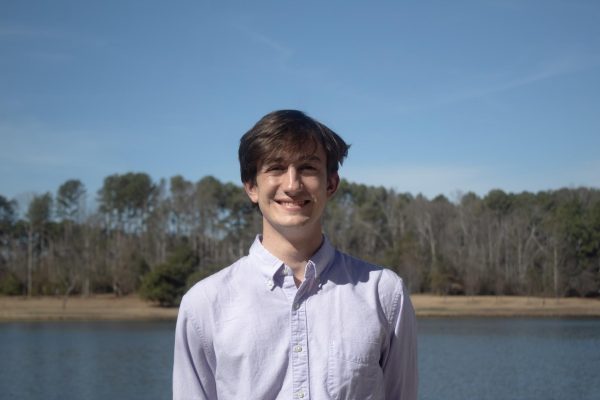Furman’s Cultural Life Program is an enriching part of the Furman experience that many do not take advantage of. Even when students are there, they are typically doing other work on laptops or talking with friends on phones at clandestine angles. Outside of being simply disrespectful to the speaker(s), this completely discounts both the event and the work you’re doing. You’re being distracted from your work by the event, and distracted from the event by your work. Why can’t one just go and enjoy the event (they’re usually an hour anyway), and then be fully present for their work after?
Furman’s Cultural Life Program dates back to the mid-70s, when Furman was a newly liberated institution from the Southern Baptists. Religious events were still required for graduation, and students seemed to have the very same problem. According to an editorial by Sam Hodges in our own The Paladin, “…students were often being forced to listen to something of questionable worth in spite of their unquestionable disinterest.” In order to fix this, University President Gordon Blackwell called a committee together of students, faculty, and administrators to redraw the boundaries of the system.
Thomas Buford, chair of the committee, advocated that it encompass a “larger goal of cultural appreciation and individual fulfillment.” The system was put in place, and after years of evolution and tweaking, seemed to fully enrich the culture of campus. Lisa Mitchell wrote in The Bonhomie in 1987 that the program was “providing the citizens with cultural events that most would find only in larger and more sophisticated cities.” Since, the requirement of 48 CLPs has been lowered to 32, but the programming still seeks to promote a diverse, enriching worldview that can’t be accessed in any class.
I went to a CLP on Wednesday celebrating the 60th anniversary of desegregation on Furman’s campus. After the Brown v. Board of Education decision, and the fateful 1954 editorials of The Echo from Charles King and Joan Lipscomb, University President John Plyler remained firm on segregation due to a lack of support from the Board of Trustees and Southern Baptist Convention. With overwhelming pressure from students, faculty, and then the board, Plyler retired and Blackwell ushered in desegregation in 1964. Joseph Vaughn fatefully enrolled the next January, and the event went to honor the experiences of those students living in the aftermath of desegregation.
The event had more of a loose structure, allowing for an array of students, faculty, and alumni to speak on their experiences. It was enthralling, inviting, and celebratory. As I looked around, the students were outnumbered by members of the community, and everyone had their eyes glued forwards. It was a perfect representation of this program at work. I walked away with a number of stories and bits of wisdom still rattling in my head, and an expanded perspective on Furman’s history orally, unable to be seen from the Seeking Abraham report.
The CLP requirement should not have to exist. Students should be dying to take advantage of these opportunities, and to expand their worldview. College in general is about teaching students how to think, rather than what to think, embodied so well in CLPs. In the information age, where students are oversaturated and overloaded, the program is more and more important. Diverse worldviews are in high demand, and we as students should not discount this vital part of our liberal arts education here at Furman.




































